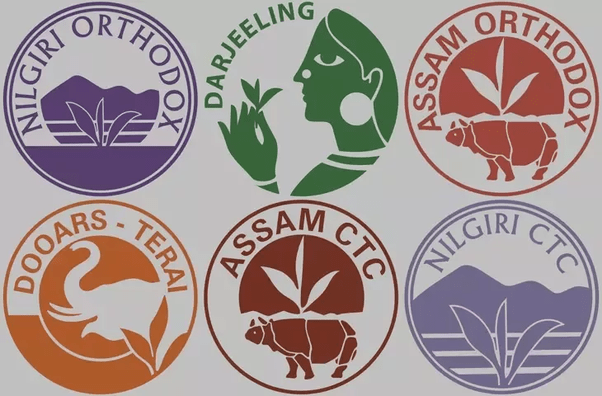Geographical Indications (GI) is a kind of intellectual property meant for products originating from a specific area. However, the product must have some special quality due to its origin. For example, ‘Darjeeling Tea’, ‘Mysore Silk’, etc. According to the World Intellectual Property Organisation (WIPO), the qualities, characters or reputation should be due to the place. There should be a clear link between the product and its original place of production. As evident, GI names mostly include the name of the place. You can also find GIs like ‘Champagne’, where there is a unique product named after its place of origin. (Champagne is a naturally sparkling wine produced only in the Champagne region of France) Every country has specific laws for registration and implementations of GI.
Why do we need GIs?
- Protection of local producers
The first reason is purely economic. Despite wide-spread industrialisation in the form of multi-national giants, small-scale/cottage industries are very valuable. In India, for example, nearly 40% of the gross industrial value comes from them. Considering this, it is important to promote local producers who make specific and unique products. A registered GI tag gives them the exclusive right to make and sell that product. For example, artisans in place A produce a certain kind of toy called X, which are very popular. A toy-making MNC also starts manufacturing X. The MNC will obviously capture the market because they have superior infrastructure which allows them to produce it at a lower price. A GI tag will grant an exclusive right to production to the local artisans.
- Maintaining the authenticity of products
The second reason is consumer-oriented. There is a clear link between products and their place of origin when it comes to GIs. Therefore, customers expect a very specific product. Producers other than the original one may not be able to deliver the same. In the above example, the MNC would use highly automated techniques to build toy X. They may even shift the production factory to another place if it is convenient. However, this would damage the inherent characteristic of the toy that makes it worthy of a GI tag. Therefore, customers get a product of inferior quality. When registered, the production is limited to the place of origin, and to be done by the original artisans. This ensures the quality of the product.
- To preserve tradition
The third reason is a socio-cultural one. One of the biggest outfalls of globalisation is cultural homogeneity. The drastic increase in import/export of products makes everything available everywhere. This means that the same set of products are available in every country. this excessive intermixing of cultures kills the authenticity of traditional products. As mentioned above, quality is often compromised to increase commercial value. A GI tag limits production to the place of origin, thereby maintaining quality and authenticity.
The Indian context
In India, the Geographical Indication of Goods (Registration and Protection) Act passed in 1999 governs the registration and protection of GIs. The Darjeeling tea was the first GI to be registered in 2004. Since then, many GIs have been registered, a list of which is available on the official website. The owner of a registered GI tag gets the exclusive right to use the name in respect with goods registered under the GI. the owner can also obtain relief in case of infringement. If an authorised person uses the GI for any other goods, the owner can get an injunction order and even compensation.
Registration
The registration process is described in detail in chapter 3 of the act. As mentioned above, for the product to get a valid GI tag, it must be authentic and have some distinctive quality due to its place of origin. For registration, an application has to be made to the GI Registry Office. Generally, the application can be made by a legal practitioner or a registered agent. It has to contain the special characteristics and a guarantee on how the standard is maintained. 3 copies of a map of the region concerned also has to be attached.
Once the application reaches the office, it is scrutinised by a group of experts. Any defaults in the application are communicated and have to be rectified within a month. Then, an examination report is issued. It then goes to the Registrar, who calls for a hearing if there is any objection. The applicant is informed about the decision and can appeal against it. If not, it is considered accepted/rejected. The Registrar is also given special powers to withdraw an application if it is accepted in error. If the application is accepted, it is published in the GI Journal after three months of acceptance.
References:
http://www.ipindia.nic.in/registered-gls.htm
The Geographical Indication of Goods (Registration and Protection) Act, 1999 <http://legislative.gov.in/sites/default/files/A1999-48.pdf>


